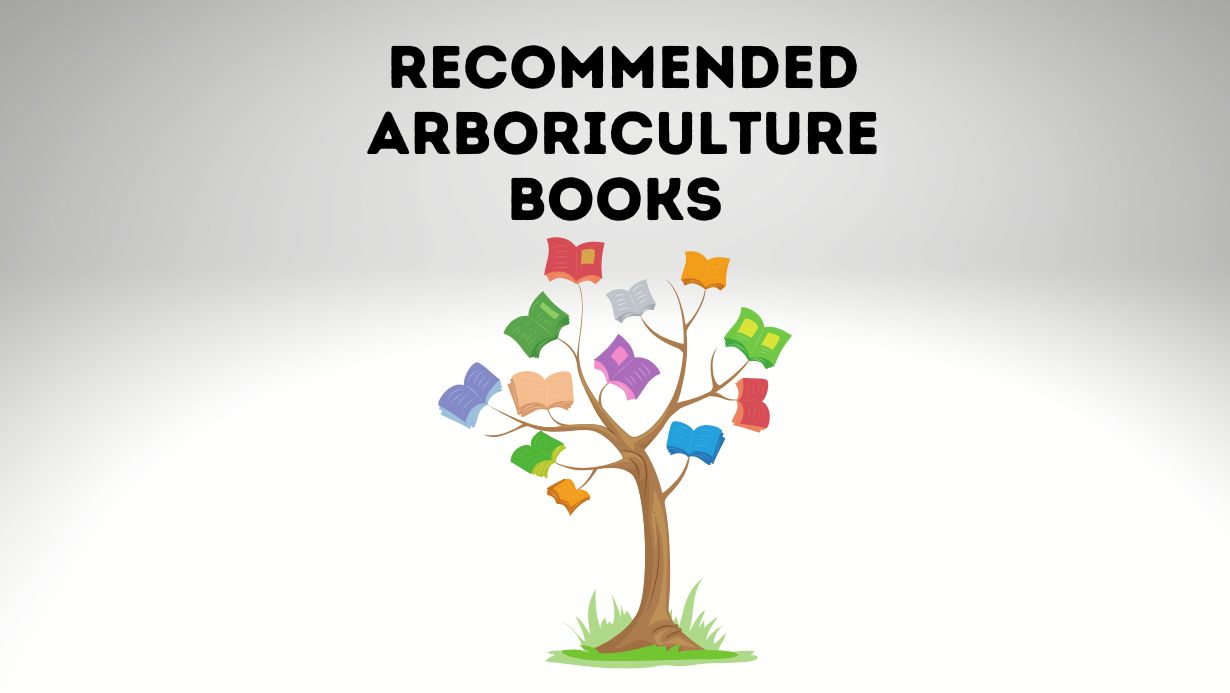
Arboriculture is the practice of cultivating and managing trees and other woody plants. It involves nurturing, maintaining, and protecting these organisms in urban and rural landscapes. In this blog post, we will explore the importance of arboriculture, its history, its applications, and how it has evolved over the years. From providing environmental benefits to enhancing aesthetics, there are many reasons why arboriculture is becoming increasingly popular in urban areas. Read on to learn more about what arboriculture is and how it can benefit your community.
What is Arboriculture?
Arboriculture is the study of trees and their care. This includes the selection, planting, and maintenance of trees. Arborists are trained in properly caring for trees, and they use this knowledge to help maintain healthy trees and landscapes.
Trees provide many benefits to humans and the environment. They improve air quality, provide shade and cooling, reduce noise pollution, and offer habitat for wildlife. Trees also increase property values, making a community more beautiful and inviting.
Despite these many benefits, trees can also pose risks. Overgrown or poorly maintained trees can fall and damage property or injure people. Dead or dying trees can also be a hazard. That’s why it’s important to have trained arborists on staff to regularly inspect trees and take preventive measures to keep them healthy and safe.
Arboriculture Literature and Books
These are the books I recommend reading. Here you will find a diverse range of books. You will find books you can enjoy with your children, books describing tree biology, and everything in between. I hope you learn something new.
Please note Everything Arboriculture is supported by its readers. I may earn an affiliate commission when you buy through links on this site.
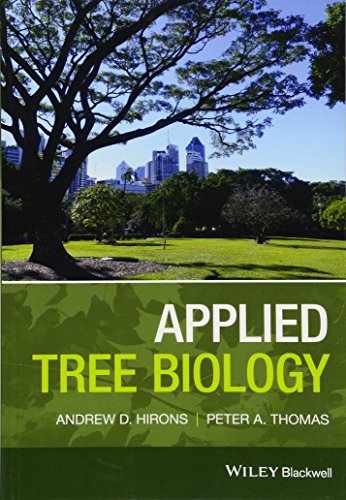
Applied Tree Biology – A D. Hirons & P A. Thomas
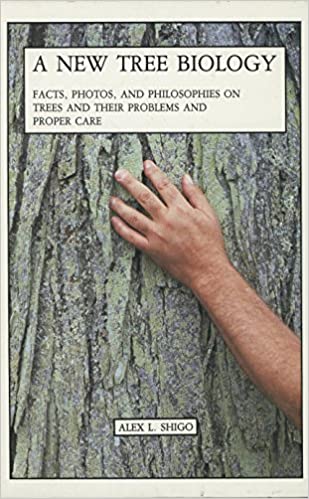
A New Tree Biology and Dictionary – A L. Shigo
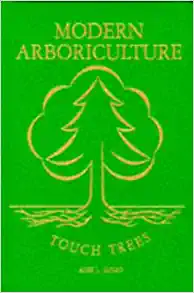
Modern Arboriculture – A L. Shigo
“Arboriculture: Integrated Management of Landscape Trees, Shrubs, and Vines” by Richard W. Harris, James R. Clark, and Nelda P. Matheny
This comprehensive textbook covers all aspects of arboriculture, including tree biology, planting and establishment, pruning, tree health management, and risk assessment.
It provides in-depth information on tree species selection, tree support and stabilization, and urban tree care.
The book also discusses the importance of sustainable practices and the role of arboriculture in maintaining healthy urban forests.

“The Tree Climber’s Companion: A Reference And Training Manual For Professional Tree Climbers” by Jeff Jepson
This practical guide is specifically tailored for professional tree climbers and arborists.
It covers essential topics such as climbing techniques, knots and rope management, equipment selection, and safety practices.
The book includes detailed illustrations and step-by-step instructions to help climbers navigate various tree climbing scenarios.
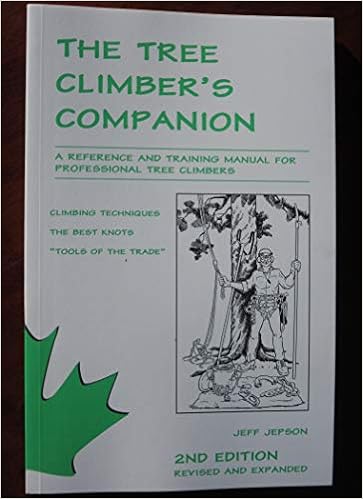
“The Illustrated Encyclopedia of Trees” by Tony Russell, Catherine Cutler, and Martin Walters
This visually stunning reference book provides a comprehensive overview of tree species from around the world.
It features detailed illustrations and photographs of trees, accompanied by descriptions of their characteristics, habitats, and uses.
The book covers a wide range of tree species, including both common and rare varieties, making it a valuable resource for tree identification and exploration.

“Tree: A Life Story” by David Suzuki and Wayne Grady
This captivating book takes a narrative approach to explore the life cycle of a single tree, from its germination to its eventual decay.
It delves into the intricate relationships between trees and their surrounding ecosystems, highlighting the vital role they play in supporting biodiversity and mitigating climate change.
“Tree: A Life Story” combines scientific information with personal anecdotes, making it an engaging and accessible read for both tree enthusiasts and general readers.

“The Urban Tree Book: An Uncommon Field Guide for City and Town” by Arthur Plotnik
This urban-focused field guide celebrates the beauty and significance of trees in urban environments.
It provides detailed profiles of common urban tree species, accompanied by photographs, descriptions, and interesting facts.
The book also explores the challenges and benefits of urban tree planting and management, offering practical tips for successful tree care in cities and towns.

These books offer a wealth of knowledge and insights into arboriculture. Whether you are a professional arborist or have a passion for trees, these recommended readings will expand your understanding of tree care, conservation, and the profound impact trees have on our environment and communities.
